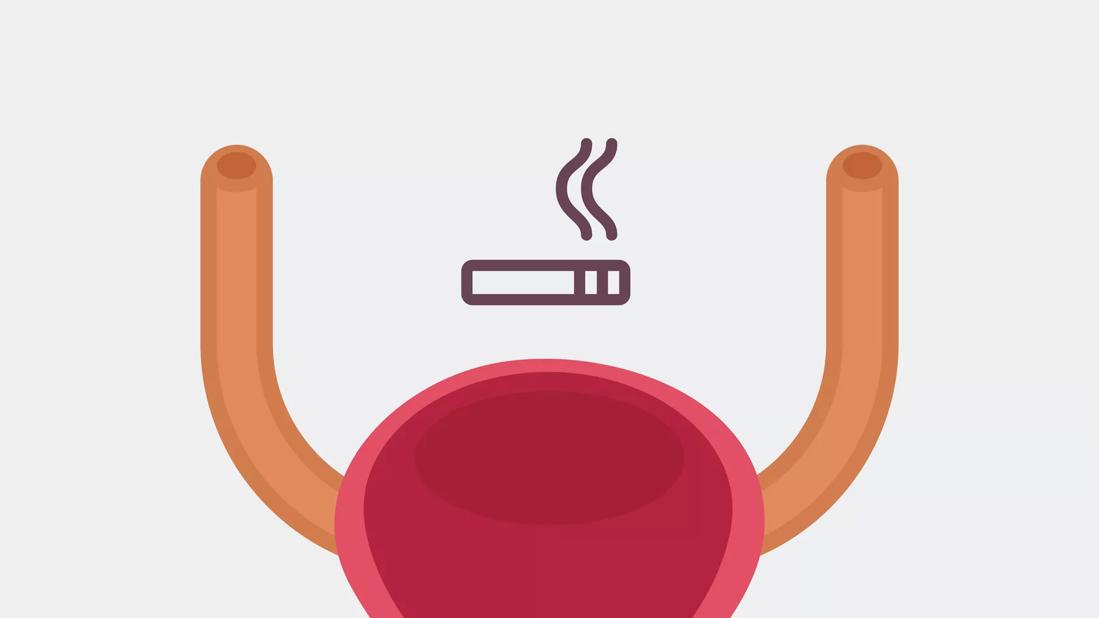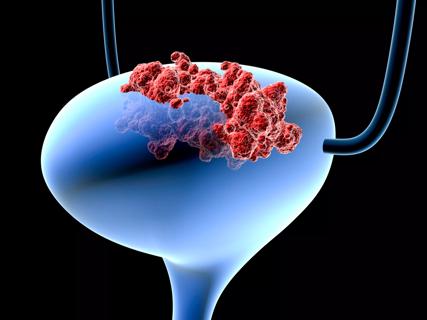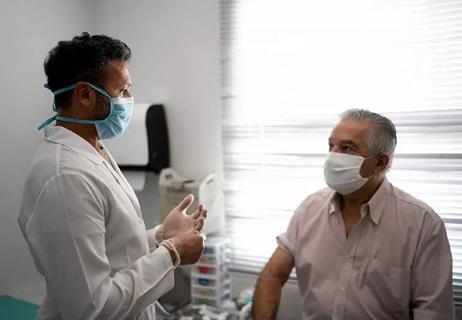Smokers 3x as likely to get bladder cancer as nonsmokers

Many people don’t realize that smoking tobacco is the single most important known risk factor for bladder cancer.
Advertisement
Cleveland Clinic is a non-profit academic medical center. Advertising on our site helps support our mission. We do not endorse non-Cleveland Clinic products or services. Policy
The effects of cigarette smoke toxins entering your body have received a lot of attention, but far too little attention has been given to how those toxins make their way out.
“These carcinogens leave the body through the urinary tract,” says urologist Robert Abouassaly, MD.
“When urine is in contact with the bladder for many hours at a time, the bladder can be exposed to very high concentrations of toxins from cigarette smoke.”
The result is alarmingly high rates of bladder cancer among smokers.
The evidence is striking:
“People are often surprised by the link,” Dr. Abouassaly says. “Efforts toward smoking cessation are really critical to try to prevent this disease.”
Even though the prevalence of bladder cancer is higher among men, rates of the disease in women have grown. Dr. Abouassaly attributes this to increases in smoking among women, particularly younger women.
Advertisement
Previous studies indicated that smoking was responsible for 28% of bladder cancer cases in women; however, NIH research found the risk for women has risen to 50%, equal to that of men.
Another contributing factor to bladder cancer death is that people wait too long to seek medical attention for their symptoms.
These symptoms include:
“When it’s identified at an early stage it’s highly curable, but many times people delay seeing a doctor,” says Dr. Abouassaly. “Unfortunately, in some cases, it’s too late for anything to be done.”
When bladder cancer is detected early, Dr. Abouassaly says he can often remove the tumors with endoscopic surgery, chemotherapy, immunotherapy or other medications delivered through the bladder.
“Once it’s invaded into the bladder, that’s a sign that more significant treatment is needed,” he says. “Usually that’s removal of the bladder with systemic chemotherapy.”
In some cases, reconstructive surgery can create a new bladder out of the small intestine; otherwise, bladder removal can require an ostomy, an opening that routes urine out of the body into an external pouch.
“The critical thing in preventing and treating bladder cancer is awareness, risk reduction through smoking cessation and early diagnosis,” Dr. Abouassaly says.
While quitting smoking isn’t easy, experts say it’s the one healthy change that offers the most benefit in your overall health.
Advertisement
Learn more about our editorial process.
Advertisement

Take the right precautions, get involved

An enlarged prostate, diuretics and bladder irritants can all contribute

Most recommended precautions center around minimizing bruising or swelling

Even one drink can have an impact on your cognitive function leading to slurred speech, blurred vision and impaired memory

Understand who may (and may not) benefit

Lorem ipsum dolor sit amet. Et odio Quis vel ipsam omnis eum alias deleniti et placeat impedit non voluptas galisum hic autem enim et cupiditate aliquid. Est beatae quidem non facilis autem ut commodi nisi aut tempore rerum et dolores voluptatem cum enim optio id sapiente quasi. Ad laboriosam officiis 33 cupiditate sequi ea voluptatum consectetur qui necessitatibus voluptate et quasi doloremque et facere explicabo quo explicabo officia

Type 2 diabetes isn’t inevitable with these dietary changes

Applying a hot or cold compress can help with pain